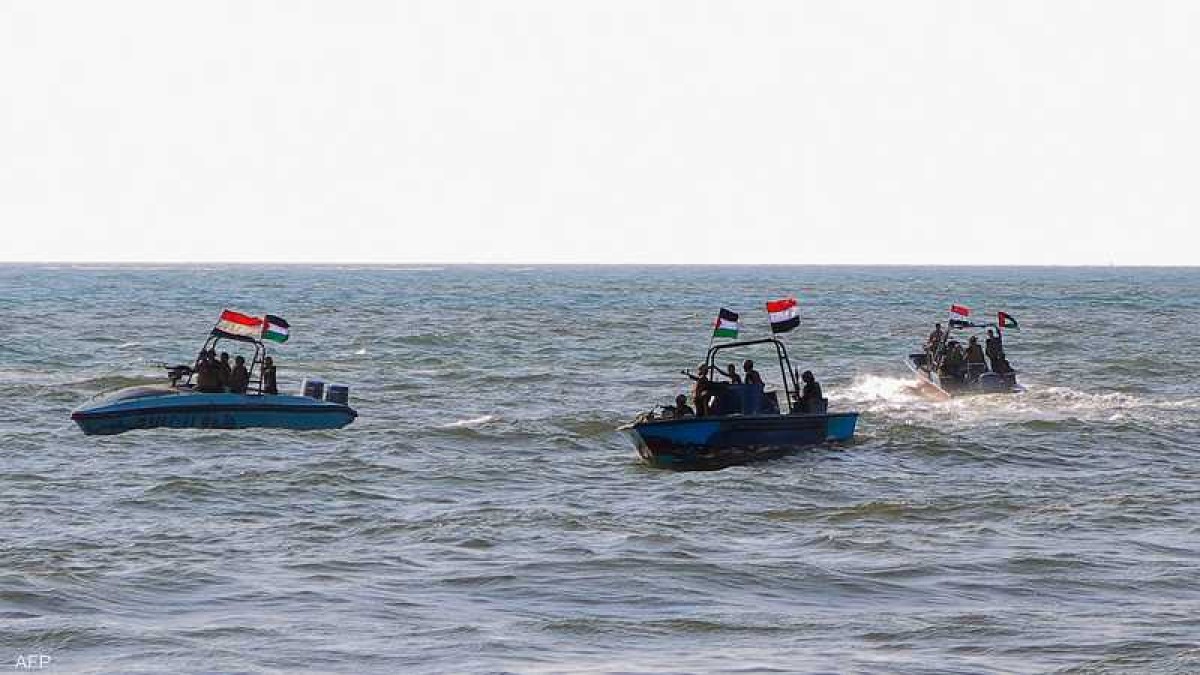Sources: The Houthis seek Al-Qaeda's participation in the Red Sea attacks


Yemeni sources revealed meetings were held in Sanaa and Hodeidah, between the Houthis and Al-Qaeda members, with the aim of convincing them to participate in naval operations and targeting Western interests by carrying out suicide attacks.
The sources confirmed that the Houthis tried to "persuade Al-Qaeda members to participate in carrying out operations targeting ships as they are against what they call American aggression."
According to the sources, the meetings that were held involved clerics loyal to the Houthis to convince Al-Qaeda members to carry out their “legitimate duty” and that their operations are “jihadist” in confronting what they call enemies.
Yemeni government parties accused the Houthis of carrying out a series of recent assassinations in Aden in which Al-Qaeda members were used.
For nearly two years, Yemen has witnessed security incidents and exchanges of fire between government forces and members of Al-Qaeda in the Arabian Peninsula, which the United States considers the most dangerous branch of Al-Qaeda.
The United States launches unilateral air strikes targeting missiles that it says pose an imminent danger to civilian and military ships.
The attacks by the Iranian-backed Houthis, which they say they are launching in solidarity with the Gaza Strip, which is witnessing a war between Hamas and Israel, have disrupted navigation in the vital Bab al-Mandab Strait, through which about 12 percent of global maritime trade passes.
The Houthis are also targeting ships linked to the United States and Britain in response to the strikes of these two countries.
In addition to the military action, Washington is seeking to exert diplomatic and financial pressure on the Houthis, and it reclassified them as a terrorist organization last week after dropping this classification shortly after President Joe Biden took office